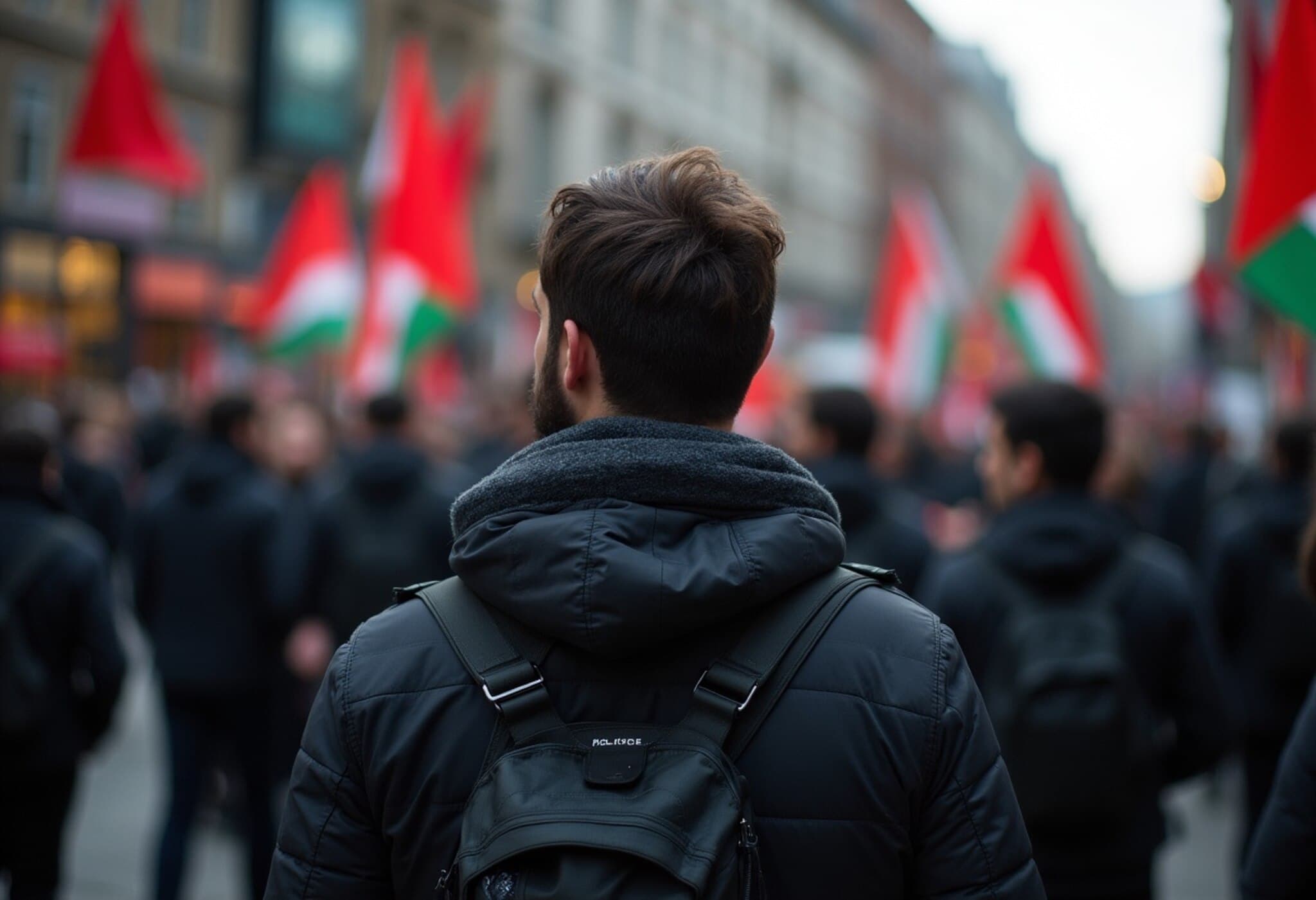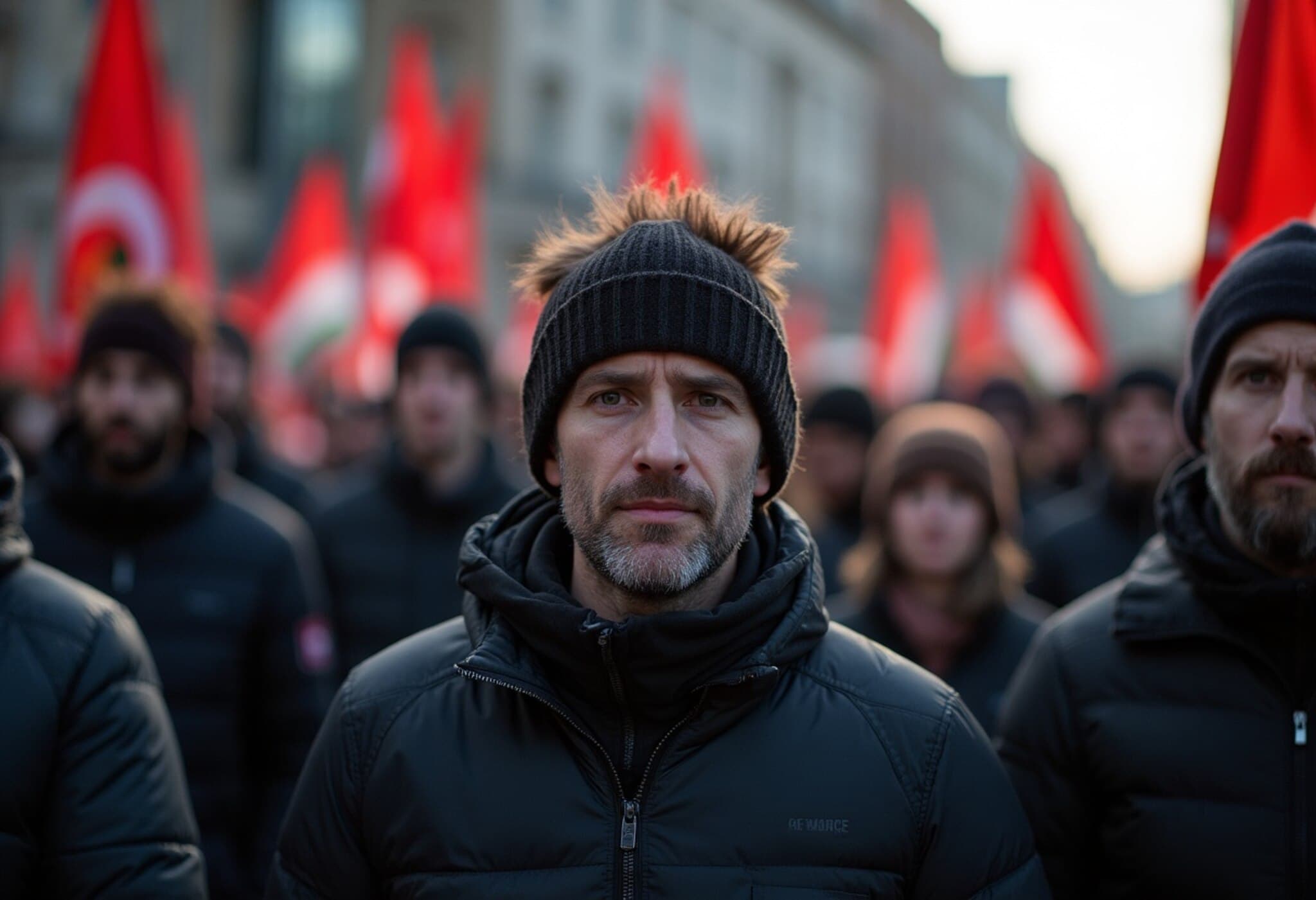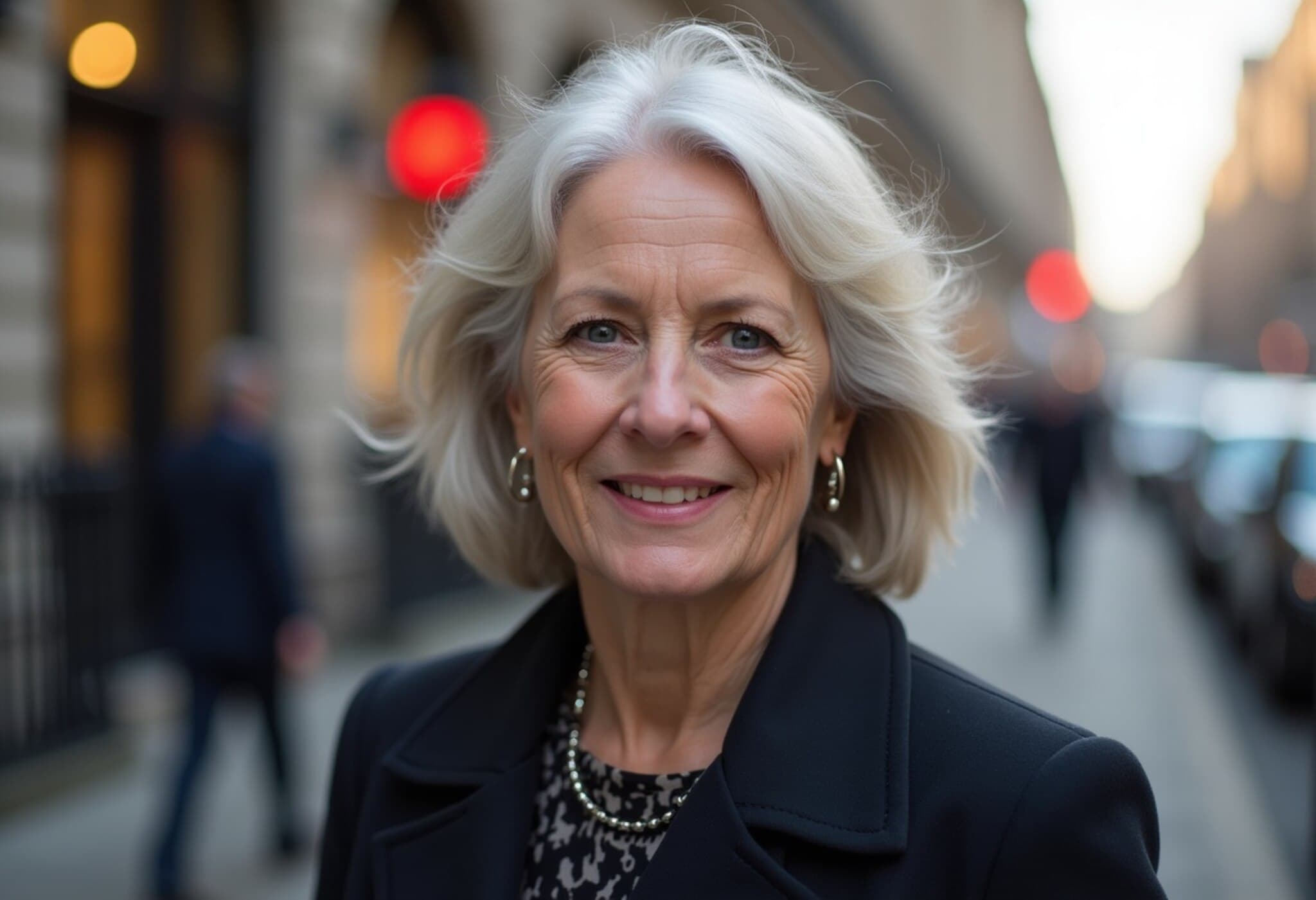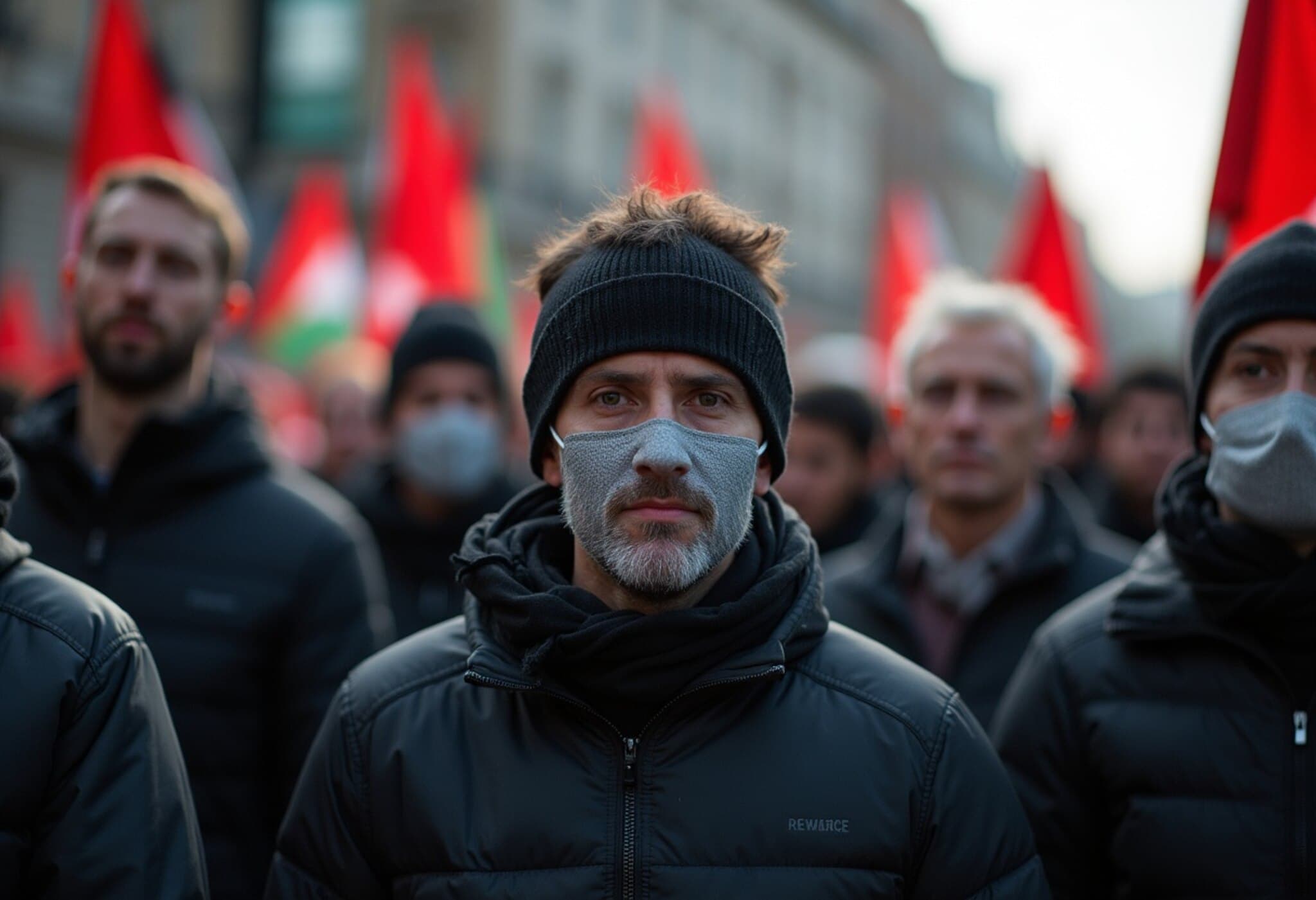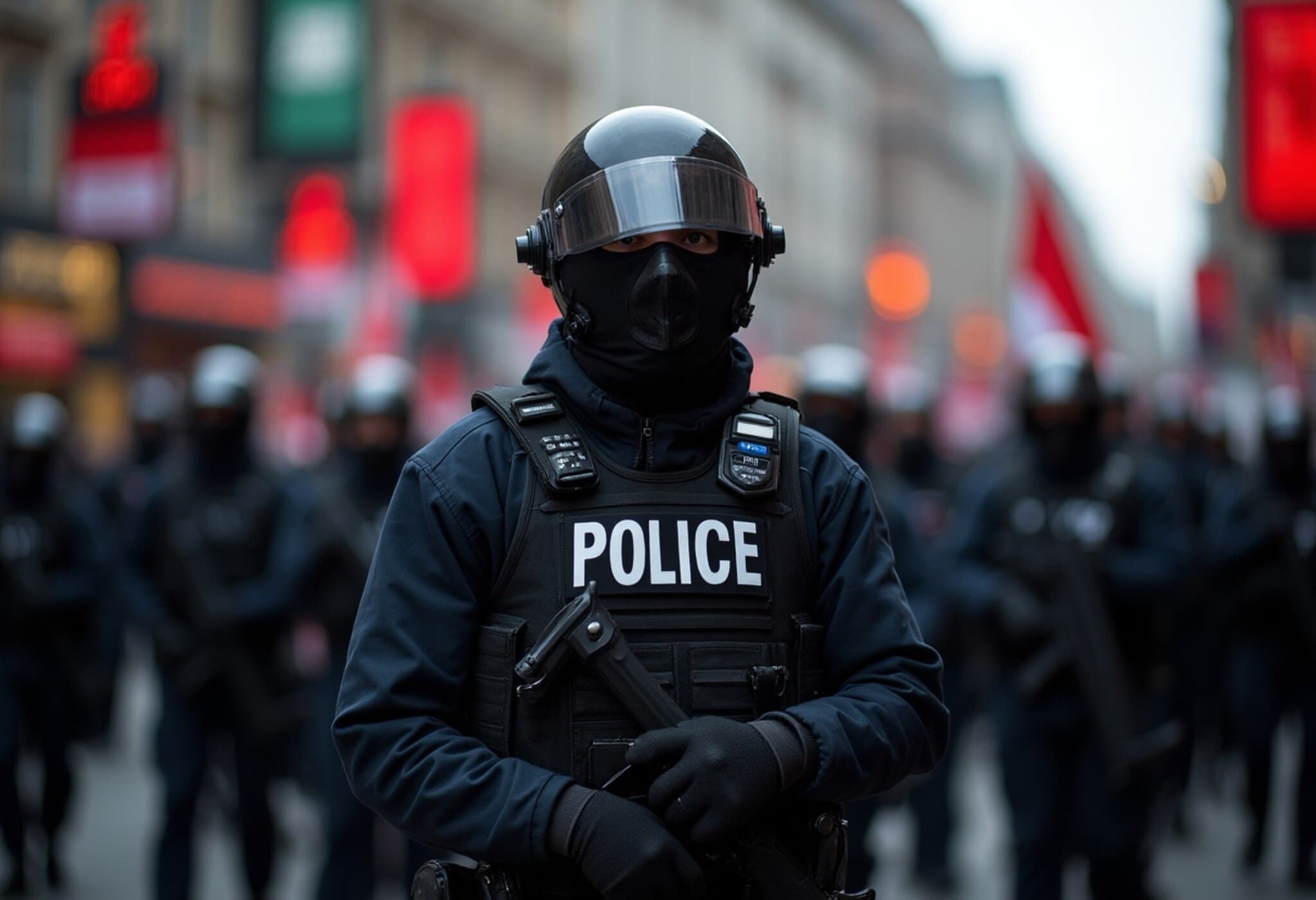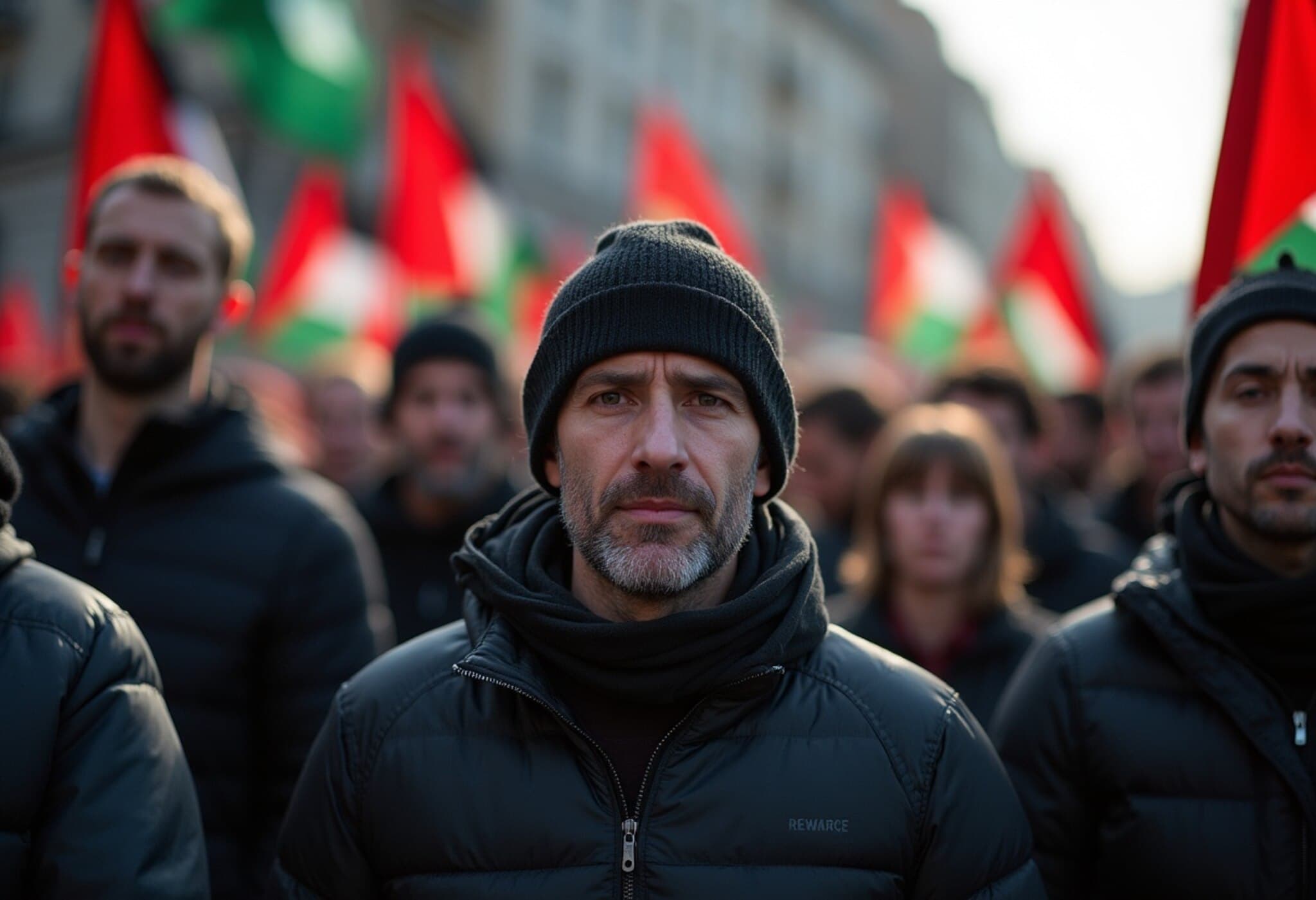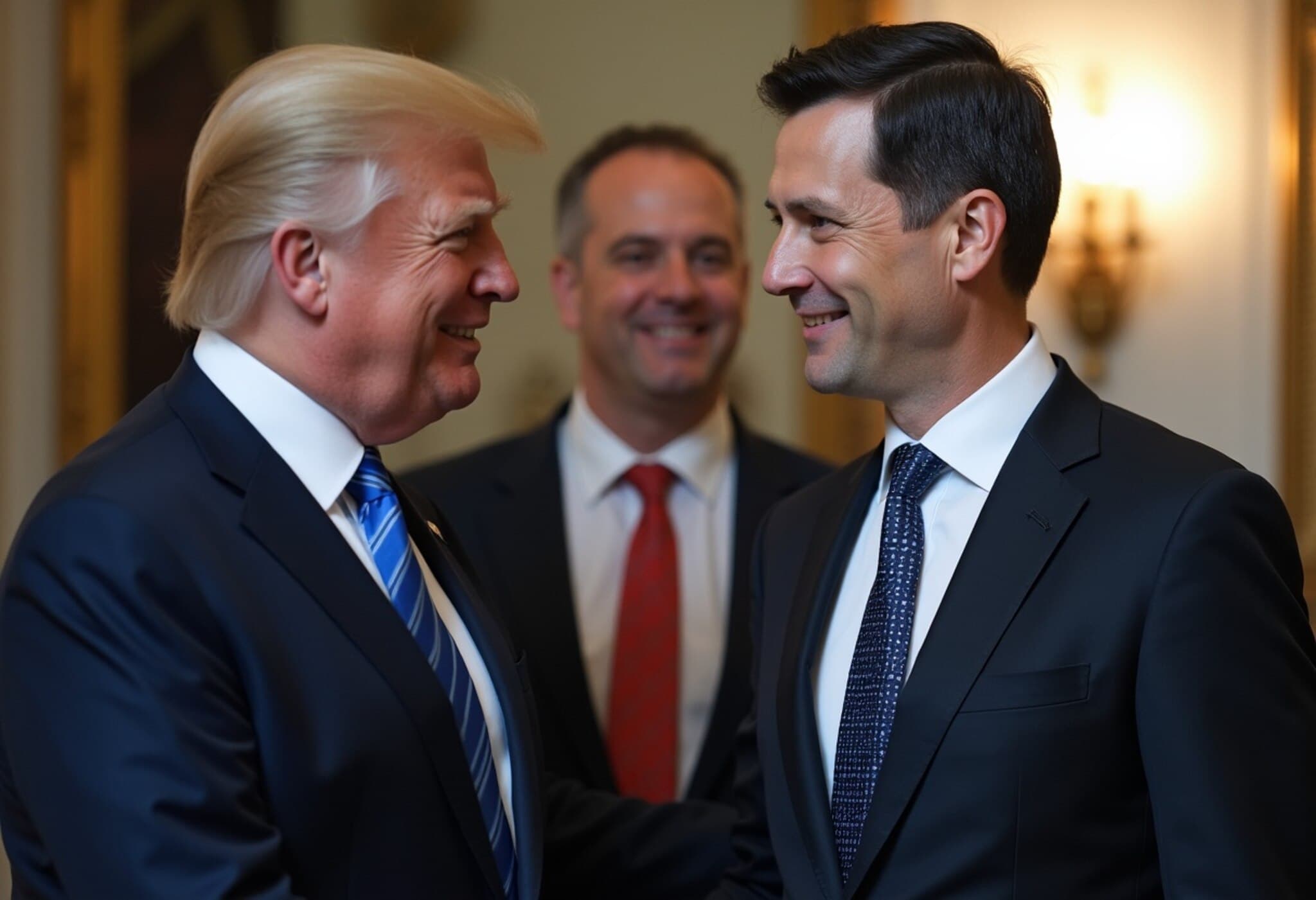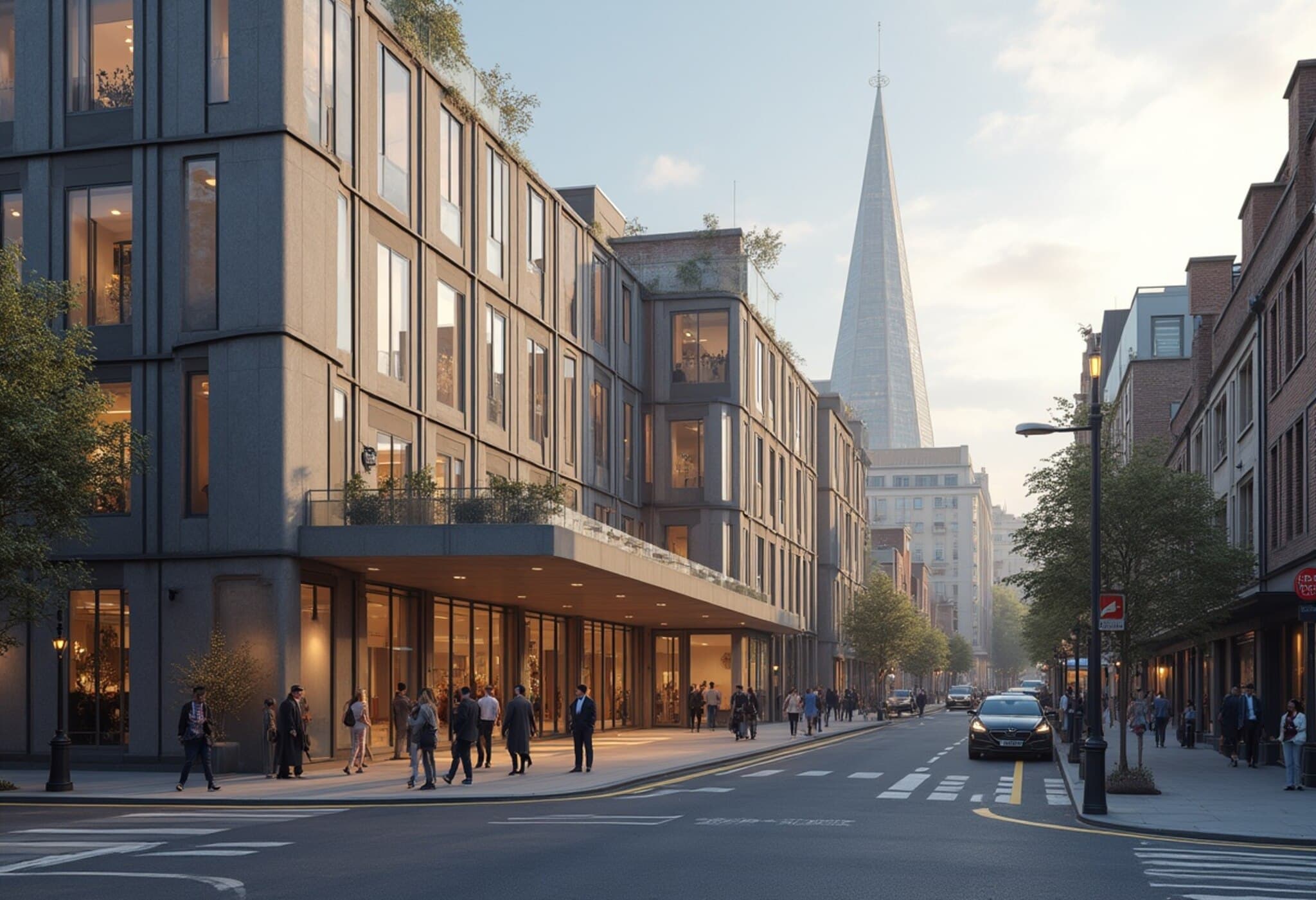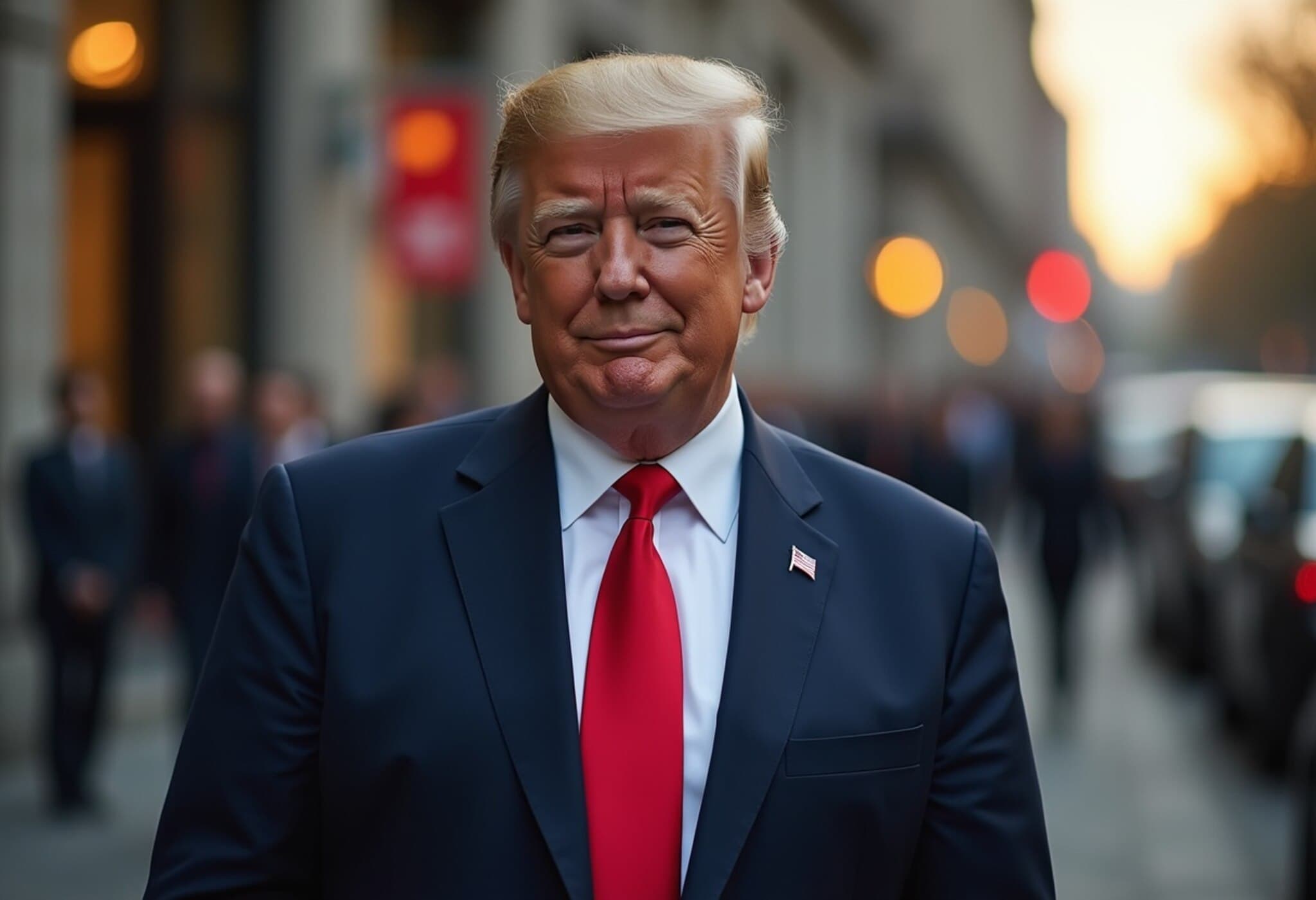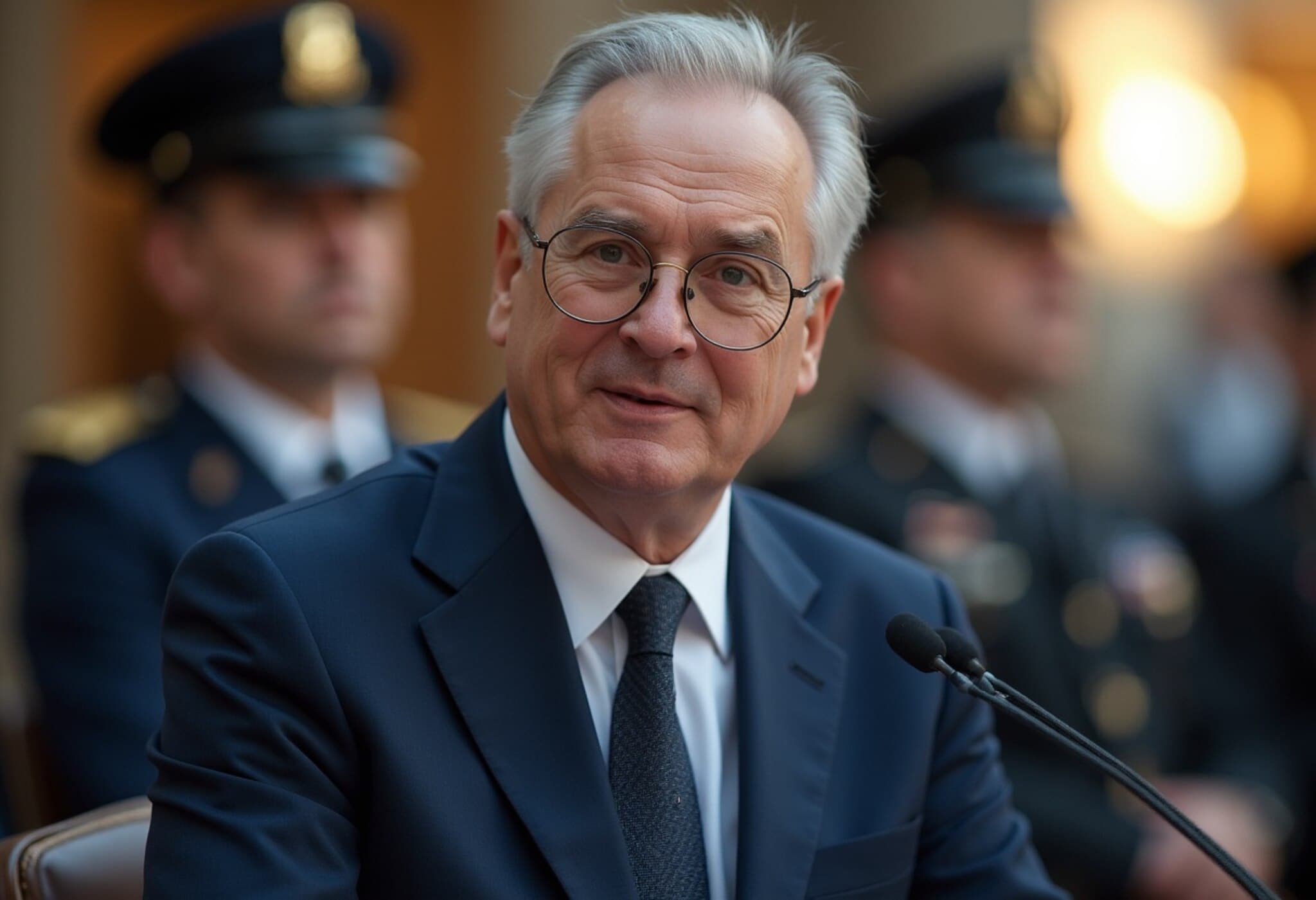London’s Metropolitan Police File Charges Against 67 Over Palestine Action Links
In a sweeping enforcement move, London’s Metropolitan Police have formally charged 67 individuals with supporting Palestine Action, a group recently banned by the UK government due to its alleged involvement in extremist activities. The accused are scheduled to appear before the courts throughout October and face potential jail sentences of up to six months if convicted.
Background: Government Crackdown on Palestine Action
Palestine Action, known for its unapologetic pro-Palestinian activism, was declared a terrorist organization under the UK’s Terrorism Act 2000 in July 2025. This designation followed a series of high-profile incidents, including vandalism at a Royal Air Force facility, which authorities linked to the group. According to the police, over 700 arrests have been made in connection with the group since the ban, most relating to public protests.
Recent Arrests and Legal Proceedings
- 64 individuals face charges specifically related to demonstrations held in central London on two occasions last month.
- Another 3 people were charged earlier in August.
- On August 26, celebrated screenwriter Paul Laverty was arrested in Edinburgh on suspicion of backing Palestine Action activities, marking a rare high-profile detention outside London.
Political and Civil Rights Reactions
The UK government’s decision to outlaw Palestine Action has sparked a heated debate. Supporters argue the measure is necessary to curb violence and protect national security amid rising tensions. Critics, including several human rights organizations and free speech advocates, warn this could overstep legal boundaries and suppress lawful dissent. Prominent voices like Irish author Sally Rooney have publicly expressed solidarity, pledging proceeds from her BBC adaptation royalties to support Palestine Action’s cause.
Contextual Insight: Balancing Security and Civil Liberties
This crackdown highlights an ongoing challenge faced by democratic nations worldwide: how to effectively combat extremism without eroding fundamental freedoms. The UK’s approach echoes broader trends in counter-terrorism, where governments must carefully navigate public safety concerns while upholding rights to protest and expression. Legal experts emphasize that the judiciary’s upcoming rulings will be critical in delineating these limits.
What Lies Ahead?
As these cases unfold over the coming weeks, observers are closely watching for judicial precedents that could influence how activist groups are treated under terrorism legislation in the UK. The outcome may also impact the broader discourse around Middle East solidarity movements within Western societies.
Editor’s Note
The charging of dozens of individuals associated with Palestine Action not only marks a pivotal moment in UK counter-terrorism policy but also raises pressing questions about the intersection of activism, law enforcement, and civil liberties. Readers are encouraged to consider the fine line between ensuring security and protecting democratic rights, especially in times of geopolitical tension.

